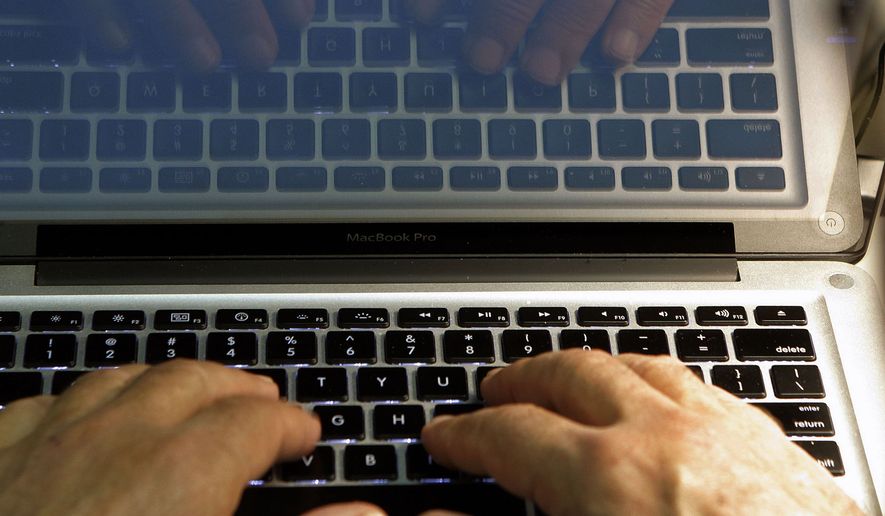The Czech Republic’s high court has ruled against a Russian man who argued that Prague should have granted him asylum instead of extraditing him to the United States to face federal hacking charges related to allegedly breaching American internet companies.
Czech’s Supreme Administrative Court on Thursday dismissed a complaint brought by accused Russian hacker Yevgeniy Nikulin, 30, regarding the Justice Ministry’s recent decision to send him stateside to stand trial for charges related to allegedly breaching LinkedIn, Dropbox and Formspring in 2012.
Mr. Nikulin was apprehended while vacationing in Prague in 2016 pursuant to an international arrest warrant issued by Interpol in connection with the U.S. hacking case, but competing extradition requests subsequently filed by Washington and Moscow enabled an 18-month bilateral custody battle that ended in March with the Justice Ministry’s ruling in the former’s favor.
Mr. Nikulin said the U.S. case was politically motivated and argued that Prague should have provided him from legal protection, but the Supreme Administrative Court ruled otherwise Thursday and said the Russian was ineligible for asylum under international law.
“An applicant who is a citizen of the Russian Federation has been unable to apply for protection against extradition to the United States in proceedings for the grant of international protection, since such an application is totally contrary to the very essence of [international law],” ruled Judge Eva Šonková, as interpreted by Google Translate.
International law allows countries to provide protection against dangers posed by countries of origin, not third-parties, the decision said.
Mr. Nikulin faces more than 30 years behind bars if convicted on each of the nine counts brought by U.S. prosecutors in connection with the LinkedIn, Dropbox and Formspring hacks. He pleaded not guilty during his initial appearance in San Francisco federal court on March 30.
• Andrew Blake can be reached at ablake@washingtontimes.com.




Please read our comment policy before commenting.